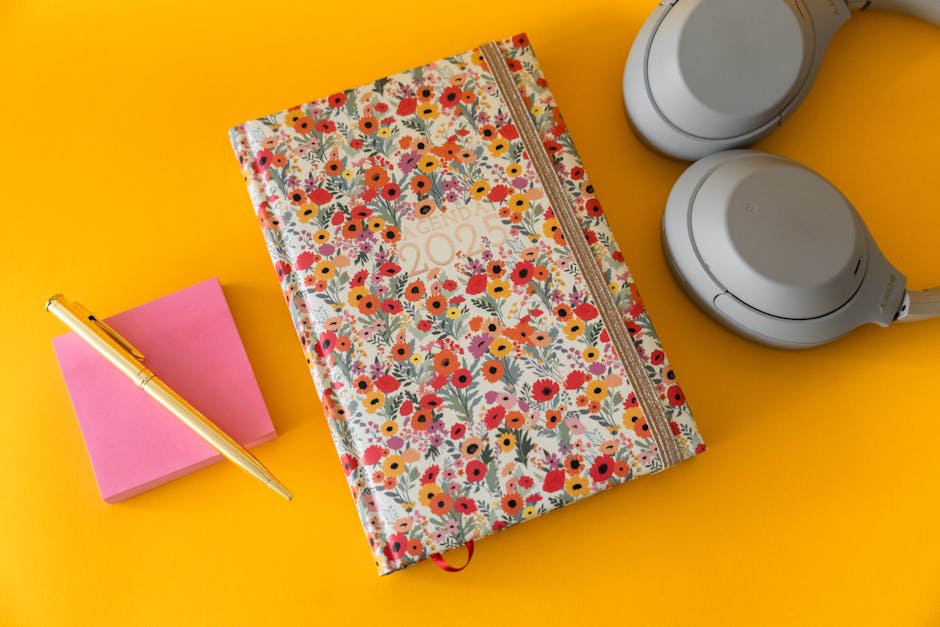Creative writing, particularly poetry, is a journey into the unknown, a voyage of self-discovery, and often, a struggle. While the allure of crafting compelling narratives and evocative imagery is undeniable, many hurdles exist along the path. These challenges are not insurmountable, but understanding their nature is crucial to navigating them effectively.
A prominent hurdle in creative writing is the fear of judgment. Writers often grapple with self-doubt, questioning the worth of their words and the originality of their ideas. This internal critic can be particularly potent in the poetry realm, where the art of self-expression is so deeply intertwined with personal vulnerability. The fear that others will not appreciate the work or that it won’t meet pre-conceived standards can stifle creativity. This is where mentorship and a supportive community can prove invaluable. A critique group, a workshop, or even a trusted friend can offer constructive feedback without undermining the author’s unique voice. Learning to embrace constructive criticism as an opportunity for growth is a key aspect of overcoming this obstacle.
Another significant challenge is the difficulty of finding a unique voice. In a world saturated with narratives and perspectives, standing out and forging a distinct poetic voice can feel daunting. Writers often find themselves imitating styles they admire, inadvertently losing their own unique timbre. This process of artistic imitation can be a stepping stone, but ultimately, sustained originality emerges from consistent introspection and engagement with personal experiences. Focusing on individual perspectives, distinct imagery, and authentic emotions can significantly enhance the uniqueness of one’s creative voice. Experimentation with different forms, styles, and poetic devices can also help writers discover their stylistic niche.
The challenge of consistency and discipline is another common obstacle encountered by writers. Creative work, unlike some structured tasks, is often fueled by inspiration. This inspirational well can run dry, leaving writers feeling stalled and unmotivated. Developing consistent writing habits, regardless of the presence or absence of inspiration, is paramount. Establishing a routine, setting realistic goals, and working towards incremental progress can all help in overcoming this particular challenge. Time management and creating a dedicated writing space can create the needed framework. This framework will encourage a sustainable creative process, allowing inspiration to flow when it arises rather than dominating the entire creative process.
One often underestimated obstacle relates to the elusive nature of capturing ideas and emotions. Words, though powerful, often fall short of fully conveying the complexities of human experience. Translating abstract thoughts and feelings into concrete images and metaphors presents a significant hurdle. Writers may struggle to find the precise language to capture the essence of an emotion or the beauty of a scene. Exploring various creative writing prompts, engaging with different forms of literature, and practicing active observation can help writers refine their ability to articulate their thoughts and feelings.
Further complicating the creative process are the demands of the writing environment. Distractions, both internal and external, can easily disrupt focus and motivation. From the incessant buzzing of smartphones to the relentless chatter of inner doubts, external and internal distractions can make maintaining sustained writing sessions challenging. Creating a dedicated workspace free from distractions, establishing focused writing sessions, or utilizing techniques like mindfulness can mitigate these issues. Developing a strategy for managing distractions is crucial for sustained creative output.
Furthermore, a pervasive challenge for many poets and writers is the issue of revision. Often, the initial drafts of a piece of writing may appear imperfect or inadequate. Taking the time to refine and rewrite a poem or story is frequently perceived as a tedious task. However, revision is an essential part of the creative process. It allows writers to strengthen their argument, hone their imagery, and achieve a higher level of precision in their expression. By incorporating feedback and editing techniques, writers can elevate their work to its highest potential. Employing specific editing tools and developing a methodical editing process will greatly contribute to this phase.
In conclusion, poetry and creative writing, although inherently rewarding, are rarely devoid of challenges. The obstacles are multifaceted, stemming from internal anxieties, external pressures, and inherent difficulties in translating subjective experiences into tangible words. Recognizing these impediments is the first step towards overcoming them. Developing a resilient mindset, fostering a supportive environment, and embracing a process of constant learning and refining can help writers navigate the labyrinths of creative expression. Ultimately, the journey itself, with its triumphs and tribulations, is a crucial component of the creative process.
